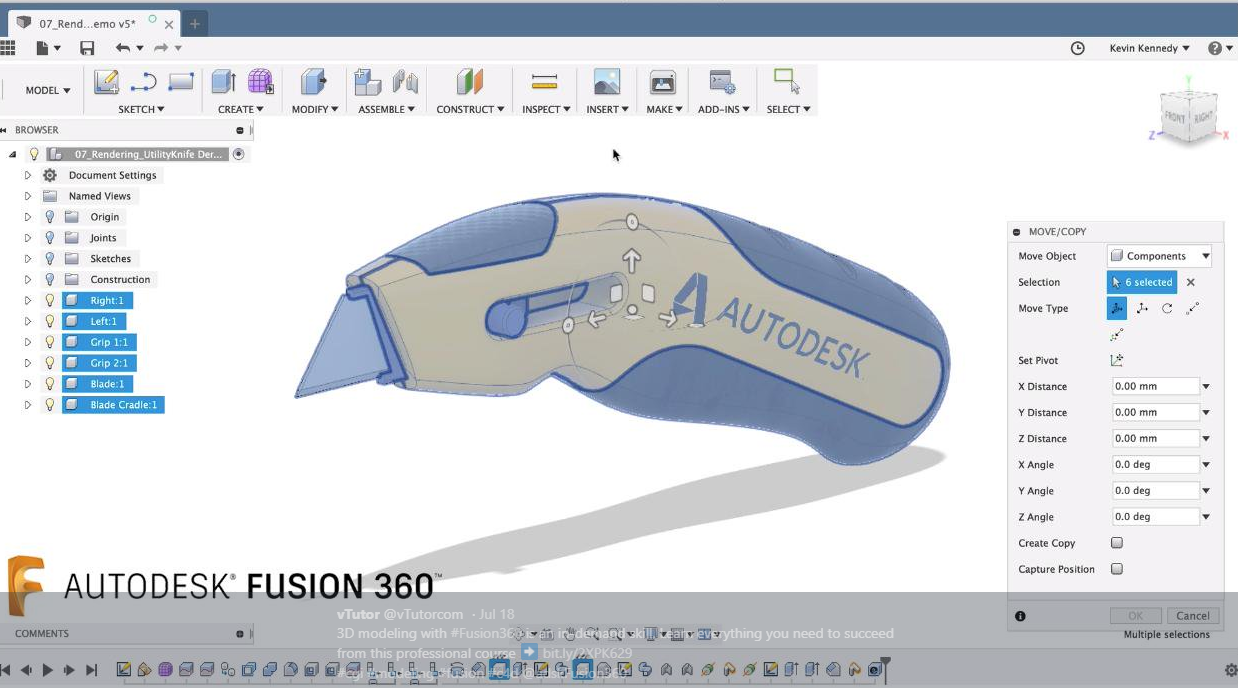A trader is the person who commonly trades the purchase and sale of financial instruments. Such as currencies, commodities, stocks and others. So, What Is A Trader?
Before becoming a trader you should know this:
1. Preparation, this is vital.
Facing the unknown without preparation would be like jumping into the void without a parachute. And although there is a risk of death if the parachute does not open, using it will increase your chance of survival.
Well, the same happens in this profession. Being well prepared will increase your chances of success. Take the time to research and seek quality education.
2. System.
Is your map, your road map, is the central axis of this activity and what will make you money.
It will answer your questions about What do I look for in the price charts? What should I analyze? Where do I go in? When do I go in? Or when do I close a losing trade? When do I close a winning trade? How much do I have to risk?
And if you don’t have one it will be like being adrift.
3. Time.
Time to achieve an objective in life. Fulfill a goal or realize a dream you should take into account this factor.
Its amount will be determined by the conviction of achieving it and how committed you are, therefore the more hours dedicated the closer you will be to achieving it.
So you will have to define how much time you will dedicate to learn this market, as this can define your trading style.
4. Emotions.
One of the main obstacles of every person who decides to become a trader will be the control of their emotions in the face of losses and gains.
As well as knowing that there will be times when simply doing nothing is also trading, although it may seem strange, this will prevent you from entering the market for no reason, which will save you money.
5. Capital.
To open an account and participate in Forex you need little capital, but if the question is, can I live from Forex?
The answer is yes, to do so you will have to get or develop a trading system whose percentage of return on invested capital is equal to or greater than the income you need to live a year or a semester.
6. Discipline.
Is almost everything in this profession, without it you rarely get results and not only in this activity but in any other, here it is necessary to develop a routine and comply fully with your trading system to be consistent.
7. Simulation.
If you are disciplined in this stage of trading, you will achieve great things.
Because with hours and hours of practice you will be able to mechanize the trading system and host this information in your subconscious.
Thus achieve objectivity and reduce or eliminate the influence of emotions when trading.
8. Tools.
Tools are basic and indispensable. As you will enter a jungle that you have not explored you will need weapons to try to stay and increase the chances of being victorious. You need:
- PC with good processor, good capacity RAM memory and ideally with a video card to connect two or more monitors, although at the beginning it is not necessary.
- Broadband internet connection.
- Trading platform.
- Software to have graphics on several monitors and to to simulate the behavior of currencies in the past and thus test your strategies.
- Software to manage your risk, this will allow you to calculate the amount of lots to trade.
9. News.
For the Forex market and its participants the publication of macroeconomic data better known as fundamentals of the countries whose currencies are traded on Forex is important.
Because every time this data is published the market tends to increase its volatility, which sometimes causes rapid, strong and oscillatory movements of the price that the orders to buy or sell of most participants usually get.
This is called the economic calendar, where you can check the date and time of publication, the previous data, its forecast, the current data and most importantly this calendar indicates if the data generates high volatility.
10. Physical activity.
Trading could generate stress, it is necessary to combat it with a good amount of exercise in the week, to keep your body active, release toxins and change to positive moods, in this sense you should also create your routine to exercise.
Where to learn trading?
- vTutor: Our site is designed to teach beginners to use various technologies, know today our offer of online courses






